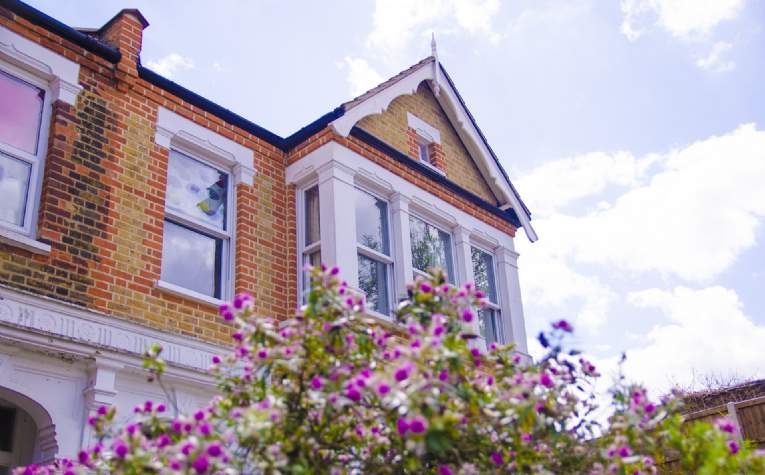It would be fair to say that last night’s announcement to 're-open' the housing market in England with 'immediate effect' took me by surprise somewhat.
For many it will be a welcome removal of some of the practical constraints on moving, but for a host of reasons – not least the overriding need to ensure it is done in a way that does not expose people to undue risk – it will not exactly be a return to 'business as usual' for a while.
We expect the measures will unlock a lot of the transactions that were stalled as the market became suspended in animation over the past six to eight weeks. Inevitably there will be a period when the commitment of people who agreed a deal either prior to or during this period will be tested. But, nonetheless, this could result in a bulge in transactions completing in June and July, following much more muted levels in April and May.
The dramatic fall in sales agreed since the beginning of lockdown is likely to mean this is short-lived, with the potential for a second dip in reported completed transactions levels even as newly agreed sales start to gradually rebuild. The extent to which new deals do rebuild will depend on how a range of factors – from the practical to the economic – affect people’s perception of the market.
The level at which buyers, sellers, agents and surveyors are satisfied that viewings mortgage valuations and structural surveys can be undertaken safely will be key in the coming months. But, perhaps more fundamentally, the effect of the lockdown on people’s household finances and job security will determine the level of underlying demand.
In this respect, today we learned that the UK economy contracted by 2 per cent in the first quarter on the back of an estimated 5.8 per cent contraction in March. There is little doubt that the fall in economic output will be much greater in the second quarter.
With consumers resigned to this, it is not surprising that a net balance of respondents to our recent client survey were less committed to moving in the next six months. But buyers reported a much greater commitment to moving over the next 12-24 months. When this is realised depends on the timing and strength of the anticipated rebound in the economy and the wider implementation of the Government’s three-stage plan to come out of lockdown.
That economic rebound will clearly also be fundamental to future house prices given that, irrespective of the ongoing low costs of borrowing, it is the key to employment, earnings and wealth generation.
In the short term, we expect downward pressure on prices in the mainstream market to be tempered by the extension of the furloughing scheme and the benevolent approach taken by lenders to existing borrowers. That means we remain of the view that over the course of this year they will probably fall by in the order of 5-10 per cent, rather than the much greater falls seen in the early 1990s and in the wake of the credit crunch.
Within the prime markets, our client survey indicated that price expectations had softened among half of respondents. While most had adjusted their view by less than 10 per cent, the spread of expectations points to a period over the coming weeks and months during which the market finds a level to support increasing market activity.
Longer term, we remain more optimistic with a continued expectation of price growth over the next five years. Furthermore, large parts of the prime market looked good value in the run up to the current crisis which should underpin those sectors.
Further information
Read more: Savills Residential Market Survey: changing priorities in the light of the Covid-19 pandemic
.jpg)
.jpg)
(1).jpg)
.jpg)
.jpg)
.jpg)

.jpg)
.jpg)
.jpg)
